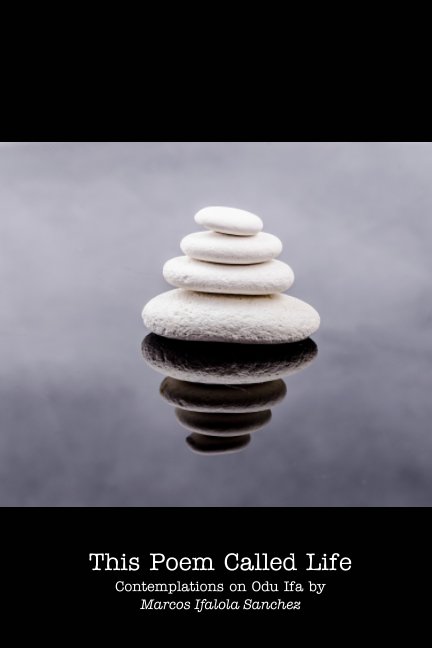Aboru Aboye Aboshishe,
I recently entered into a conversation about the much talked about and controversial "Pinaldo" or "Cuchillo" ceremony of the lucumi. Here are my thoughts on the subject, one which is both difficult and important.
Pinaldo does not have an equivalent in Nigeria, though there is a professor/babalawo, with a clear lucumi agenda that has a paper that tries to assert (with many five dollar words) that there is a link from the kuanaldo (Ifa "cuchillo" ) ceremony to one in nigeria since there are some similarities to ijeshon. His agenda is clear as he tries to promote the argument about "lost" ceremonies "kept" by cubans to assert some higher level of authenticity to Cuban Lucumi practice. The link does not seem clear to me in my reading of the paper.
The story I've heard is that there was a famous santera (see david brown's work, he has names dates etc) who had a break with the existing system of the time, in which Ologun (achogun) were the only ones with authority to sacrifice. This already varies from Yoruba practice since each Orisa has their own separate priesthood, and they don't require outside priests to offer their sacrifices. That said, the Achogun had such a chokehold on the system that she decided to break away and created the pinaldo ceremony to "authorize" others to do what they did with the "knife".
It seems a very likely/credible story. I've done pinaldo lucumi, and worked in a few. It's 85% the same as kariosha. With obvious differences... I won't go into detail in this public area... Publicly though, there's a fancy table where all the santeros sit who have pinaldo (even if you're a santero, if you don't have pinaldo, you can't sit at the table) and obviously Ogun speaks for the first time through his own caracoles.
All in all, not very exciting, but just as expensive as your kariosha. I've heard all sorts of justifications like "it gives you the right to use the knife for sacrifice" (ok fine). Or, my favorite, it's a "confirmation" of your Osha... What??? You have all the Odu you were born with, if everything was done correctly, why would you need to "confirm" your Odu?? You were only born with one Odu, so all the new Ita is giving you is a more current "snapshot" of your life, with the exception of Ogun, who if he's speaking for the "first" time with caracoles, is a new Ita, and his ewoo/advice stands for life (according to lucumi theology).
I'll additionally point out there have been lots of "elder" santeros I've met who didn't have Pinaldo (usually because of cost), they seemed to be doing just fine. However, I need to point out, the Lucumi are well within their rights to create ceremonies they deem theologically necessary. Was this? perhaps yes, perhaps no... It may have been strictly political, may not have. We'll never know for sure.
The real question is, do today's priests deem it to be a theological necessity? Do they agree with ceremony's existence? Like with ALL religions, it's up to the Lucumi priesthood to decide whether this ceremony lives or dies, whether it is a necessity, or something that's outlived its purpose. The difficulty of course lies in the fact that as a decentralized religion, there is no governing body. This means that if a tradition or ceremony dies, it dies a more organic/chaotic death, not one which was deemed so by a ruling body. This of course makes the process more complex and lengthy.
We can see an example of this if we look at the whole year in white. Slowly, as the newer generations come about, there has been a relaxing, or even forgetting of the "rules" to the point where I see people who are touching during their year, use any utensils/plates to eat, some who only wear white for 3 months. I'll note here that wearing white for a year is not a part of initiation in Nigeria (though it is often worn during the ceremonies), however it was pointed out that some priests are given a mandate during their Ita to wear white always, or for a year or X period of time. This is how I believe the year in white, and many other traditions/taboos (Sango and Oshun priest's not "touching" each others "crown") got started. ie one priest passes their ewoo to their godchildren, and it propagates as general rule, instead of being specific to one person).
Some food for thought...
Aboru aboye aboshishe
Marcos Ifalola Sanchez
Search Ifa articles
Monday, December 28, 2009
Subscribe to:
Posts (Atom)




